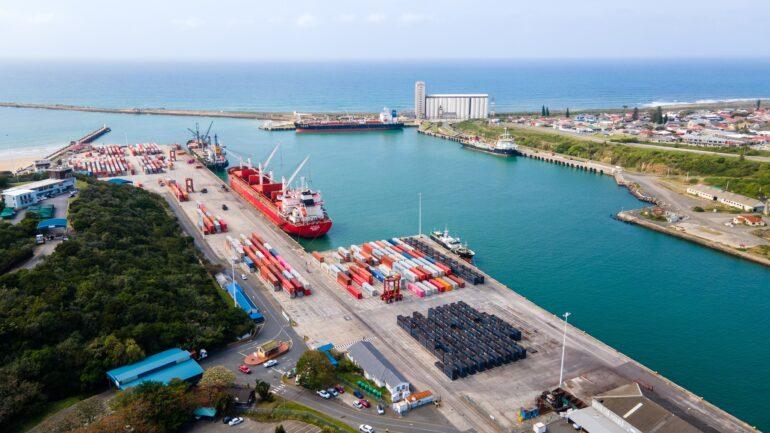Marine Insurance: Trends and Challenges
Marine insurance plays a crucial role in safeguarding the interests of businesses engaged in global trade. However, the dynamic nature of the marine environment and the increasing complexities of global commerce have led to evolving trends in marine insurance claims, highlighting the key challenges faced by the industry.
According to Aon’s 2024 Client Trends Report, the supply chain is at the heart of marine insurance, where risks are increasingly interconnected. Geopolitical instability, inflation, climate change, currency fluctuations and people availability converge to create a complex and volatile global trade landscape for business leaders to navigate. Enterprise risks associated with supplier locations, including political risk and terrorism, corruption and bribery, and risks associated with weak legal and regulatory controls are becoming more prominent.
“Geopolitical risks remain a significant concern for businesses, especially where they rely on supply chains with exposures to volatile regions and sea lanes. As a result, trade channels are being reshaped, resulting in less availability of certain products and commodities. This causes price increases and is central to significant global tension. The steady increase of global trade restrictions with more than 3,000 new restrictions in 2023 – up from about 650 restrictions introduced in 2017[1] – adds another layer of complexity to the mix,” says Elsie Tau from Aon South Africa’s marine and aviation division.
The marine sector is complex and multi-faceted with disruptions significantly impacting business and financial performance. Aon highlights the most prominent marine insurance claims trending in the sector:
- Damaged Goods resulting from poor cargo handling, inadequate storage and improper packaging, remain the top cause of marine insurance claims. The complex logistics involved in moving goods across seas expose cargo to anything from rough handling by port workers to unsuitable storage conditions that may compromise the integrity of the goods. Consequently, businesses are often left grappling with significant financial losses.
- Theft and Hijacking are prevalent issues in the marine insurance landscape. The value of goods being transported, combined with the often remote and unsecured nature of some transportation routes, makes cargo an attractive target for criminals. In recent years, high-value theft claims have become increasingly common, with organised crime syndicates playing a significant role in these incidents. These thefts not only result in direct financial losses but also disrupt supply chains, leading to further economic consequences.
- Weather-related claims, the unpredictable nature of weather events and the increasing frequency of extreme weather due to climate change have exacerbated the risks associated with maritime transport. Powerful storms can cause severe damage to vessels and cargo, while flooding can lead to the total loss of goods stored in ports or warehouses, for example.
- Fires on container vessels cause major losses in the marine insurance sector. The sheer size and complexity of modern container ships, coupled with the presence of hazardous materials and inadequate fire suppression systems, contribute to the increased frequency and severity of fire-related claims to both the ship and its cargo. In many cases, the cost of dealing with such incidents, including salvage operations and environmental cleanup, can be substantial.
- Piracy remains a significant threat to maritime operations. Unlike in the past, where the primary goal was the hijacking of goods, modern pirates often hold the ship, its cargo and its crew hostage, demanding substantial ransoms. It poses significant safety risks to the crew and disrupts global trade routes, both of which lead to financial losses.
All of the top ten risks identified by business leaders in Aon’s latest Global Risk Management Survey have implications for the marine industry, with six of the risks directly linked:
- Business interruption
- Economic slowdown/slow recovery
- Supply chain or distribution failure
- Commodity price risk/scarcity of materials
- Damage to reputation/brand
- Increasing competition
While some of these risks are insurable, others are not, highlighting the importance of having a proactive approach to risk management while identifying risks that can be transferred from an insurance perspective. “The diverse and evolving risks faced by the maritime industry require organisations to walk a delicate line as global trade continues to expand. The role of marine insurance in mitigating these risks cannot be overstated. By staying informed about trends, businesses can better prepare for the uncertainties of maritime transport and ensure the protection of their assets,” Elsie concludes.
[1] https://www.mckinsey.com/mgi/our-research/geopolitics-and-the-geometry-of-global-trade
Truck Insurance and Goods -In-Transit Insurance




